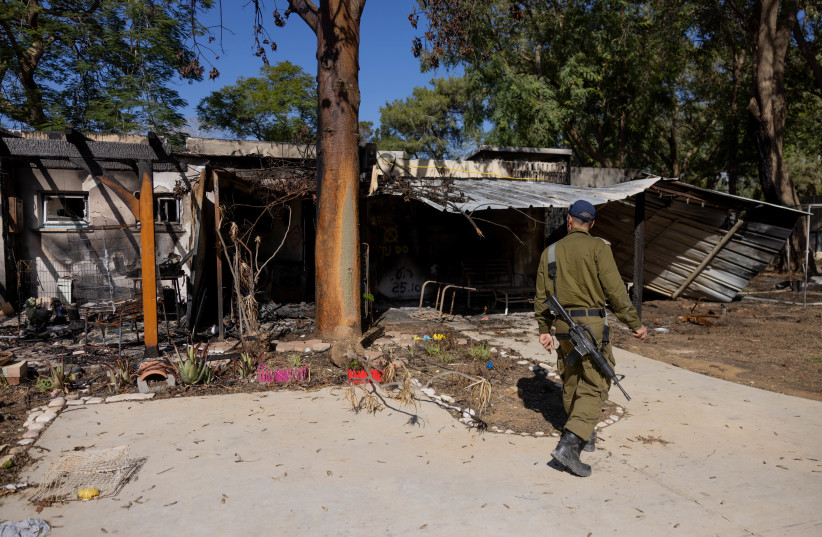Eyal Ben-Haim, Head of Bank Leumi’s Banking Division, spoke at the Maariv Economic Conference, sponsored by Bank Leumi, about the assistance provided by the bank to citizens and businesses during the war in the South.
In a one-on-one interview with journalist Yehuda Sharoni, Ben-Haim said, “There are two central areas in which we have worked since the events of October 7. One is providing service in branches in the South that were damaged and throughout the country in general, as many people did not leave their homes in the first days after the attack. Digitization really helped us. We can work entirely remotely and provide service for every banking activity without the need for customers to physically come to the branch.
“The second stage,” he added, “was to provide a safety net by deferring loans and providing grants and loans to small businesses, all in the early days, even before the relief program by the Bank of Israel. The goal was to provide a routine to customers, to provide a response and safety net to the areas that were hit, to reservists, evacuees, kibbutzim, and, of course, to those who were directly injured during the fighting. We are the only bank that works from 6:30 a.m. to 11:00 p.m. alongside the digital format that is active 24 hours a day, and we will expand the service further.”
Bank Leumi seeks to support Gaza border residents
In light of the security situation, Bank Leumi announced a series of benefits for private and business customers from the conflict line and the South, with the aim of making it as easy as possible for them during this difficult and complex period: a NIS 1 billion assistance fund for bridge loans to small and medium-sized businesses, without interest and an interest-free assistance fund of a quarter of a billion shekels for bridge loans to private customers.

Regarding the return to the regular routine, he said that there are private customers who have already shown a full recovery. “For small businesses, the main problem is in the evacuated areas. In the North, for example, which is very much based on tourism, there is no turning back to what was.”
